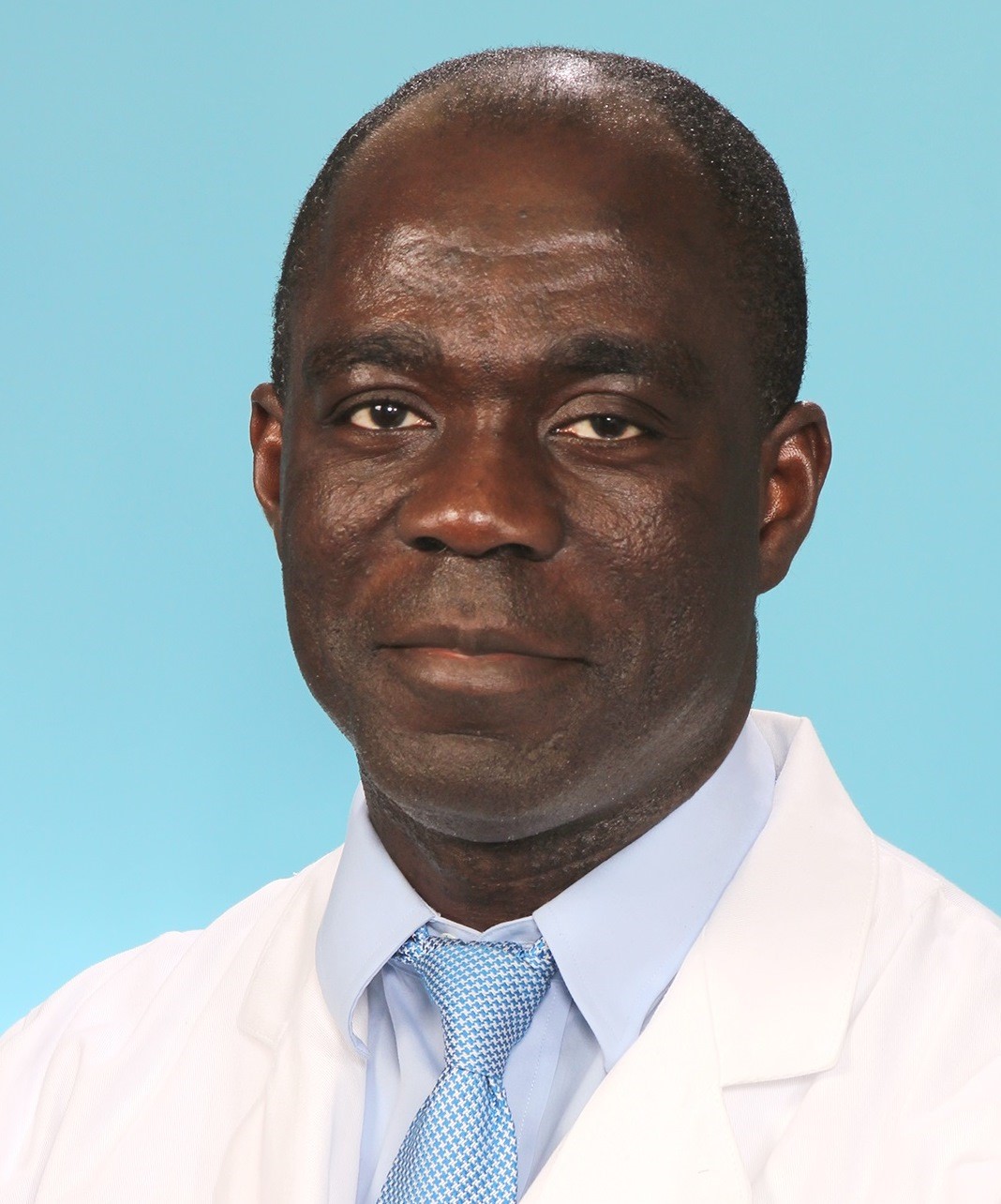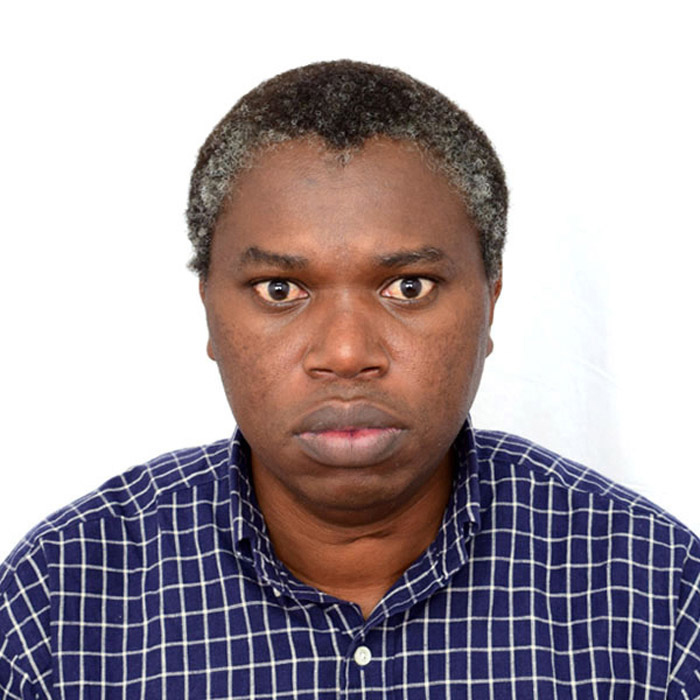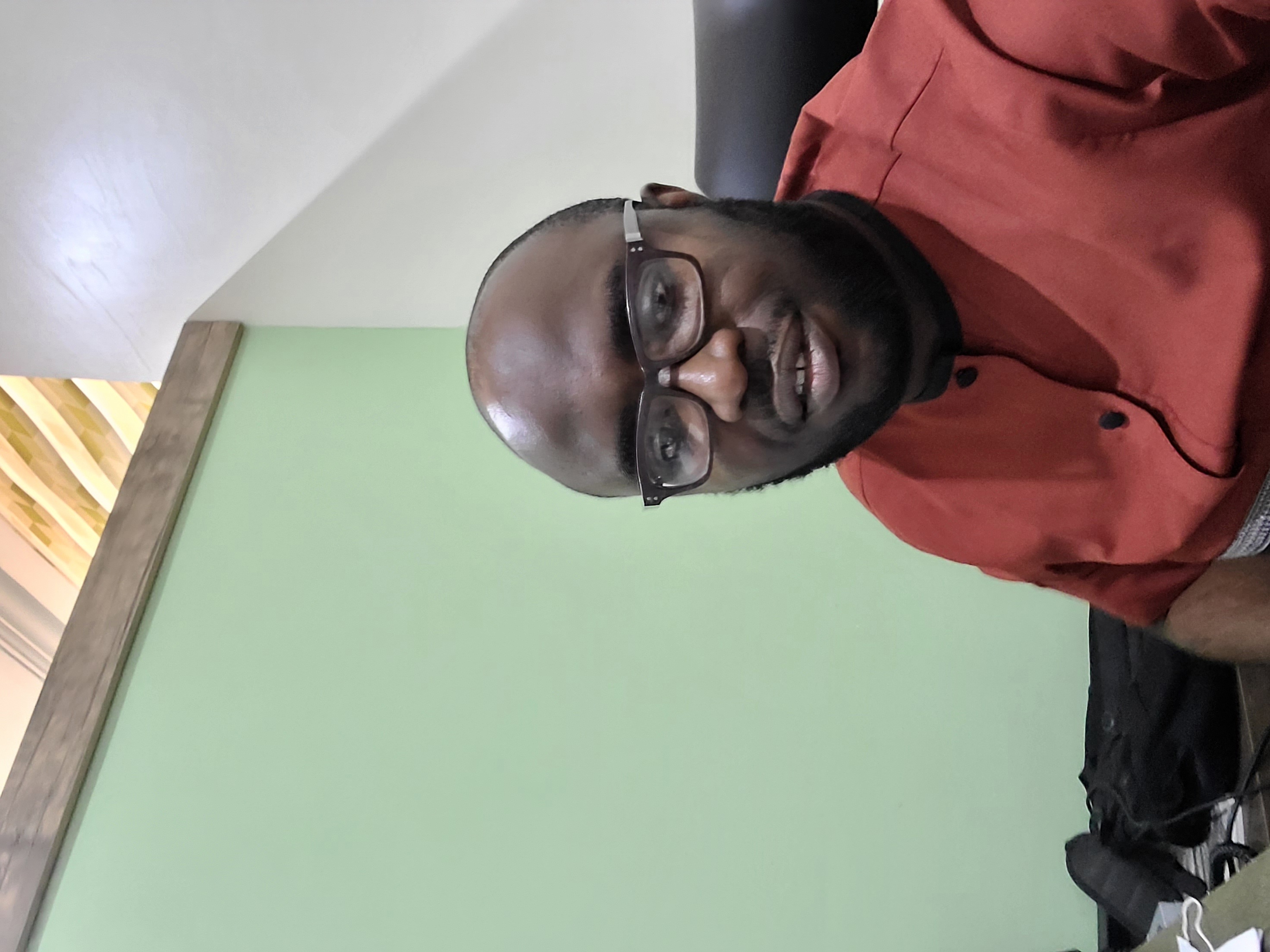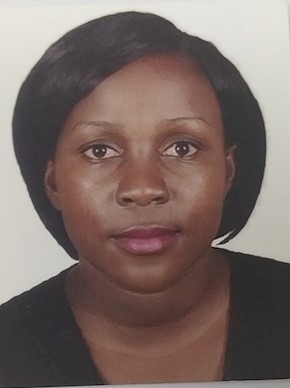

Dr
George Kyei
Current Organisation
University of Ghana
Current Job Title
Senior Research Fellow
Biography
Publications
Project Title
Identification of Novel HIV Reactivation Agents: Towards Building Translational HIV Cure Research Infrastructure in Ghana (H-CRIS)
EDCTP Project
TMA2017SF-1955
EDCTP Program
EDCTP2
EDCTP Project Call
Senior Fellowship (SF)
Host Organisation
| Department | Institution | Country |
|---|---|---|
| University of Ghana | University of Ghana | GH |
Project Objectives
The overall goal for this study is to screen a panel of epigenetic modifying compounds ex-vivo in resting CD4+ T cells from a panel of well characterized patients suppressed on antiretroviral therapy. :
Study Design
Background HIV continues to be a global pandemic with over one million deaths annually, most of which are in sub-Saharan Africa (http://www.unaids.org/en/resources/fact-sheet). The introduction of combination antiretroviral therapy (cART) has significantly reduced mortality in Africa and increased lifespan. The UNAIDS goal of 90% detection, 90% on treatment and 90% virologically suppressed by 2020, while unlikely to be achieved, is a laudable goal that will get a lot more patients in Africa treated. Despite the WHO recommendation to treat all HIV positive patients, only about 50% of patients in sub-Saharan Africa are on treatment and even a lower number are suppressed virologically. It is well known that cART, does not provide a cure for HIV, patients must take medications daily for the rest of their lives (1, 2). Even if we are able to get all patients on cART, there is also the issue of cost, access and side effects. For example, in the United States where cART is freely available, less than 50% of people living with HIV are in continuous care(3). The issue of taking ART for life is not a trivial matter given all the above challenges. Therefore, some have argued that cART alone will not be enough to end the epidemic(4). There is an urgent need for remedies that will either provide sustained remission or cure. It is also likely that curative or sustained remission therapies will enable more people to come forward for testing, thus feeding into the loop to eradicate HIV. Several groups including the US National Institutes of Health, and the International AIDS Society have made HIV cure a priority (5-7) and many consortia and groups are working towards this end. However, not much of these studies are being done in Africa, although the continent bears the brunt of the epidemic. This is a critical gap that needs to be filled. There is the need to have adequate capacity to screen drugs originating in Africa and elsewhere for HIV cure or remission. In addition, all regi
Project Summary
HIV continues to be a major public health problem in Africa. Although combination antiretroviral therapy (cART) has reduced mortality and improved lifespan, it does not provide cure. Patients must take medications daily for the rest of their lives with side effects, unsustainable costs, and development of resistance. The main obstacle to HIV cure is the persistence of the provirus in resting CD4+ T cells, which act as a reservoir to produce virus once treatment is interrupted. Of the approaches being investigated to cure HIV, the 'shock and kill' approach is the most promising. This approach seeks to reactivate and kill the T cells harboring the virus, while patients are on cART, with the idea that patients could then stop treatment after the reservoir cells are eliminated. Despite some modest successes, this approach has not been able to reduce the size of the HIV reservoir, due to inefficient reactivation. Since HIV replication is controlled by surrounding chromatin (epigenetics), we hypothesise that epigenetic modifying compounds will be more effective reactivation agents. The study aimed to identify epigenetic modifying compounds and assess their effectiveness in reactivating HIV from latency. The specific objectives of the study are to: Characterise a cohort of HIV patients and evaluate their knowledge and attitude towards participation in HIV cure research Screen a panel of 150 epigenetic modifying compounds for ability to reactivate HIV from latency in a cell line and primary cell model of latency Evaluate top 10 lead compounds in resting CD4 T cells isolated from patients suppressed on cART for more than 6 months Assemble a well-characterised HIV patient’s biobank to serve as a repository of samples for future research and student training. The project sought to screen an epigenetic library of compounds, select the most effective and evaluate them in resting T cells isolated from HIV patients on cART. The in vitro assessment of compounds was accomplished in the first phase while the patients were followed up and their viral loads measured every 4-6 months for 5 years. Then virologically suppressed patients (viral load < 50 copies/ml) were selected for the ex-vivo assay for reactivation studies. Results/Output Three project nurses, two postdoctoral fellows, one PhD student and one MPhil student were recruited for the study. All laboratory protocols have been optimised for cell passaging, expansion, freezing of cell lines and screening of compounds. Three hundred and ninety (390) participants, representing 100% of the study population, were enrolled into the study. Their knowledge and attitude towards HIV cure research was evaluated. Blood samples were collected from participants and processed into plasma and peripheral blood mononuclear cells. Aliquots of samples were stored at -80oC, as part of bio-banking, for future studies. Herbal extracts and other compounds synthesised in our chemistry labs have been screened for their effect on HIV replication and reactivation of latent cells (Aim 2) and 7 lead compounds have been identified. Three of these lead compounds were used to screened for latency reactivation in patients’ cells (Aim 3) and were found to have reactivation potential in virologically suppressed patients. At the 2024 Annual Research Meeting at the Noguchi Memorial Institute for Medical Research, the PI gave a lecture titled “HIV Research and Future Directions in Ghana”. Furthermore, at the stakeholders meeting organised by the National Aids Control Program in November 2024, the postdocs and research assistants presented posters, and the PhD student gave an oral presentation on HIV cure research. The infrastructure set up for drug screening at the University of Ghana has contributed to training students and technical staff. We have also initiated an evaluation of herbal extracts and other compounds for HIV replication and/or reactivation. The project is building the local research capacity of postdoctoral fellows to become independent research leaders. During the past year, one postdoc was assisted by the PI to put in an R21 grant from the NIH, which was awarded. The PI and the postdoc have also won another European grant entitled “Implementing Cervical Cancer Screening Among women living with HIV in Ghana (I-CERV-GH) funded by L'initiative, Expertise France (February 2023 to January 2026). The PI and post docs have won a D43 grant funded by NIH/Fogarty International Centre, for HIV Basic Science and Cure Research Training for Scientists at the University of Ghana (H-Cure-RT) - two other supplements of this grant was also won to train additional scientists. Over the past year, the PI, using data generated from this project, obtained an NIH R21 grant to study the impact of tuberculosis on the HIV reservoir. The two postdocs also won a BANGA-Africa seed grant and BANGA Teams grant awards from the University of Ghana, funded by the Carnegie Corporation of New York. Additionally, the two postdocs won the Global Health Travel Award for the D3 HIV Cure: Antiretroviral Therapy-Free Control of HIV Infection conference to attend the Keystone Symposium, South Africa (7- 10 April 2025), funded by the Bill and Melinda Gates Foundation. Other fellowships won include the IAS Research for cure academy travel award to South Africa, the Science by Women 10th Edition Fellowship award from the Fundacion MUJERES POR AFRICA and Instituto de Salud Carlos III, starting in 2025. The PhD student has also obtained a number of Scholarships from HIV Research Trust Scholarship 2022, and West African Centre for Cell Biology of Infectious Pathogens (April 2023), to conduct part of his research in Washington University, St. Louis, USA. Also, the PI is mentoring postgraduate students in HIV translational research. By regularly measuring the viral loads of patients in the study, contrary to routine practice in Ghana, data on rates of virologic suppression from a large cohort has been generated to guide policy and the virally suppressed patients identified will be useful for cure studies. The well-characterised cohort of HIV-infected adults will be useful for other studies to inform patient management policies. Samples in the biobank can be analysed to answer other important HIV-related research questions. The data on participants’ perception of engaging in HIV cure research is timely for guiding the types of cure research and trials to conduct in Ghana and Africa in general. More information on the project can be found at: https://noguchi.ug.edu.gh/research-activities/hiv-cure-https://noguchi.ug.edu.gh/research-activities/hiv-cure-research-infrastructure-study-group-h-cris/


